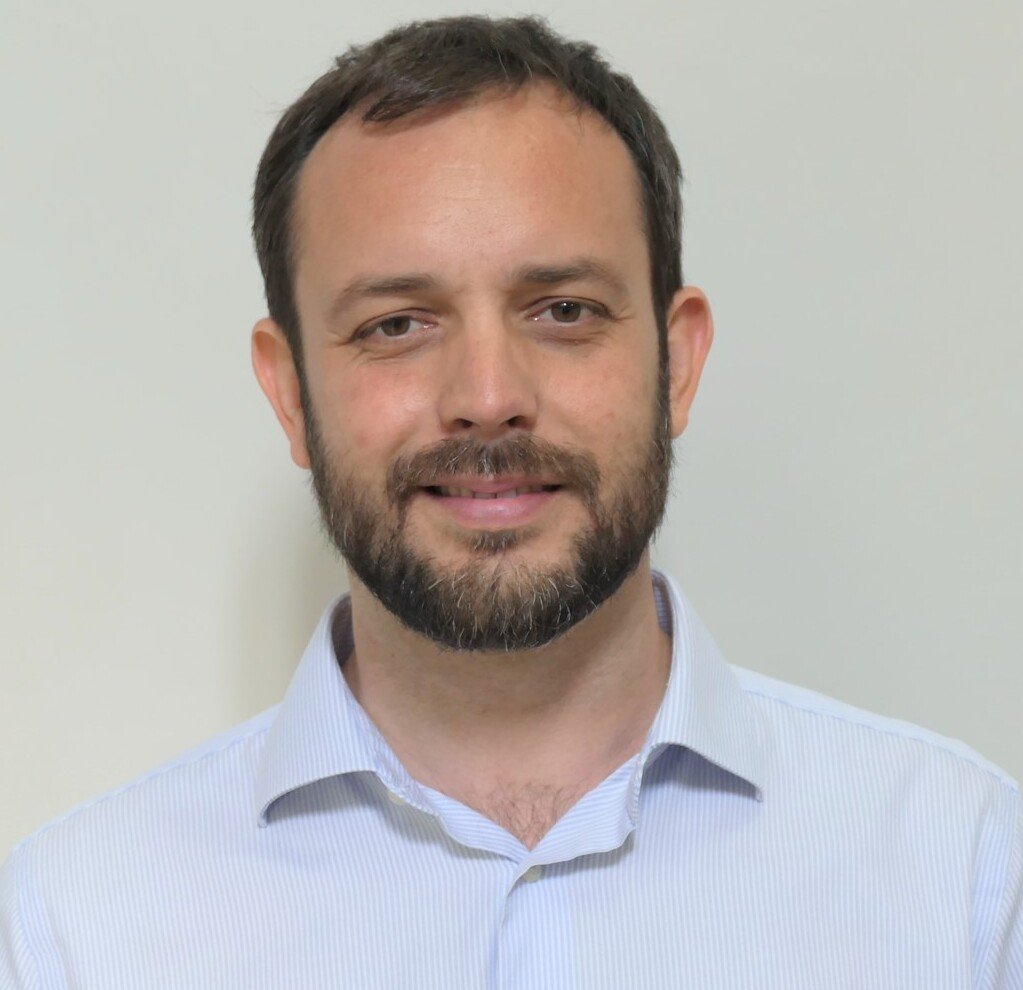When older people have more than one chronic disease at the same time, this is called multimorbidity - a rapidly growing challenge for the healthcare sector as the population ages. In spite of this, multimorbidity has long been ignored in global public health research. A new report from the World Health Organisation (WHO) now turns the spotlight on the problem.
The report is based on a meeting of the WHO's Clinical Consortium on Healthy Ageing (CCHA) held last autumn, at which experts from around the world gathered to discuss ageing, functional decline and specific age-related difficulties with a focus on low and mid-income countries.
Sweden was represented by Davide Liborio Vetrano , principal researcher at the Ageing Research Centre , Karolinska Institutet.

"This report is crucial for public health professionals, clinicians, researchers, and policymakers globally," he says. "By clarifying biological mechanisms underlying ageing, it supports targeted public health interventions."
The report provides guidance on how healthcare systems can be adapted to an ageing population, with a focus on integrative care, dealing with multimorbidity and sustainable strategies for improving the health and life quality of older people.
Data from Swedish study
Special mention is made of Dr Vetrano's work integrating disease clusters into the WHO's global strategy. Using data from the Swedish SNAC-K study, he showed how specific disease combinations affect mobility and mortality in older people.
"Particularly, I emphasised interactions between neuropsychiatric and cardiovascular diseases, which notably accelerate functional decline."
Dr Vetrano advocates identifying these patterns in multimorbidity to improve risk assessments and enable more personalised care, pointing out that this will require more standardised research and greater capacity among healthcare providers.
"We collectively identified the need for standardised research methodologies to ensure multimorbidity findings remain consistent and applicable across diverse populations, particularly in low-resource settings."
More training needed
Dr Vetrano's main hope is that research into multimorbidity will take a great step forward and gain a more prominent place in the WHO's framework for healthy ageing.
He also sees a need for more training programmes for healthcare professionals to ensure that they are better able to meet the needs of patients with complex health problems.
"Increased investments in preventive strategies during earlier life stages would also help delay ageing-related functional declines," he says.
Advances healthy aging
The WHO's Clinical Consortium on Healthy Ageing (CCHA) is a forum of global experts that advances research and clinical practice related to healthy ageing.
This the consortium does by sharing data, conducting new analyses of internal capacity and its value for clinical practice, evaluating clinical interventions to promote healthy ageing and building the capacity of healthcare professionals active in the field.
Source: WHO






